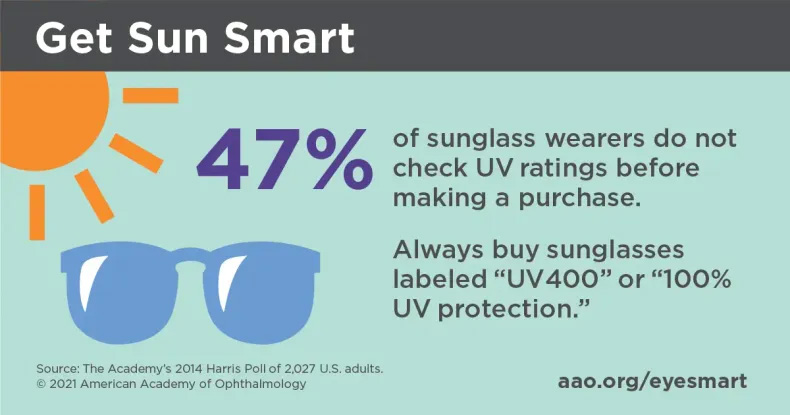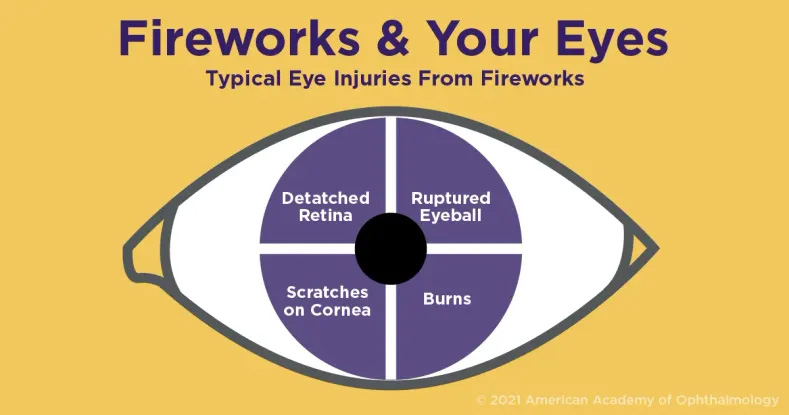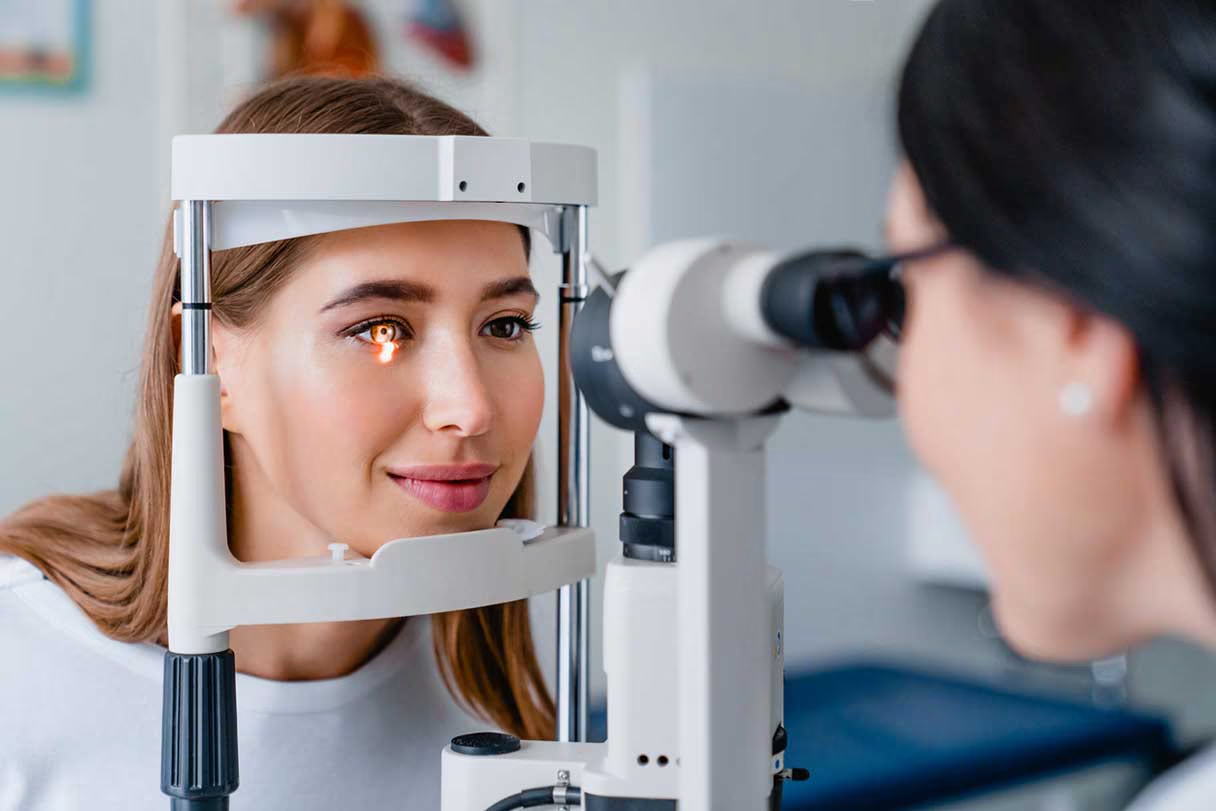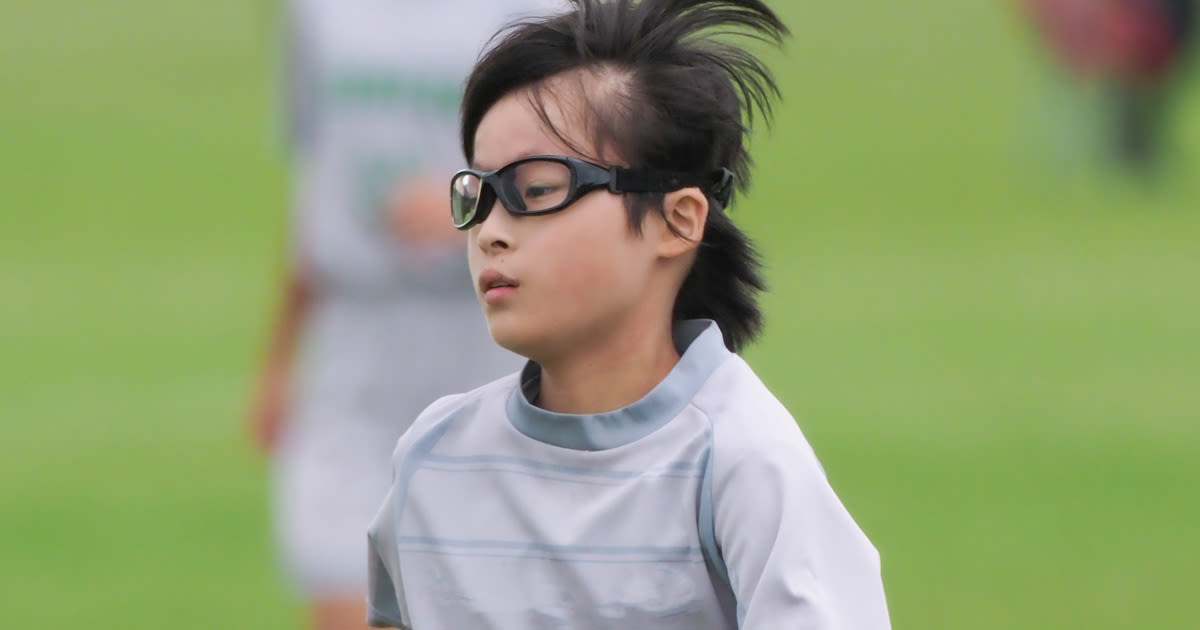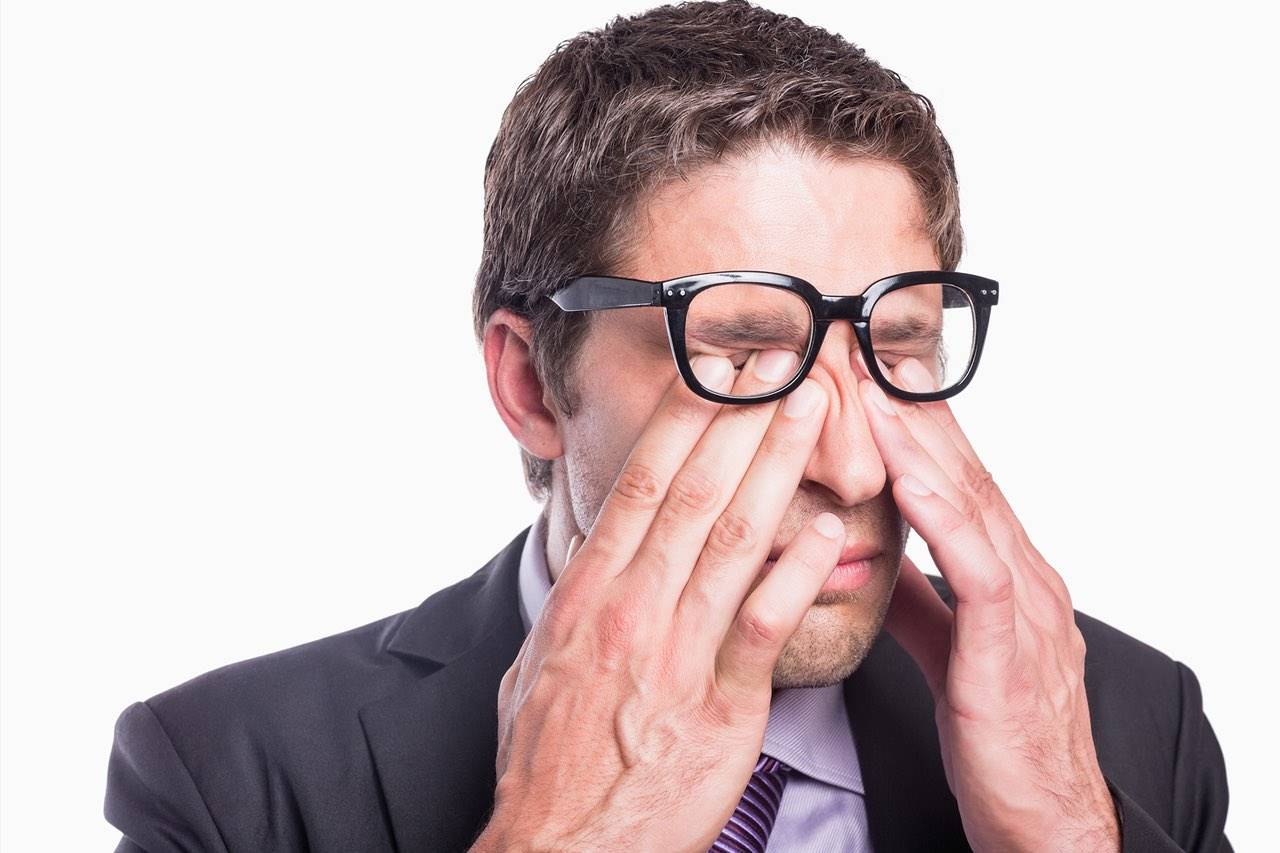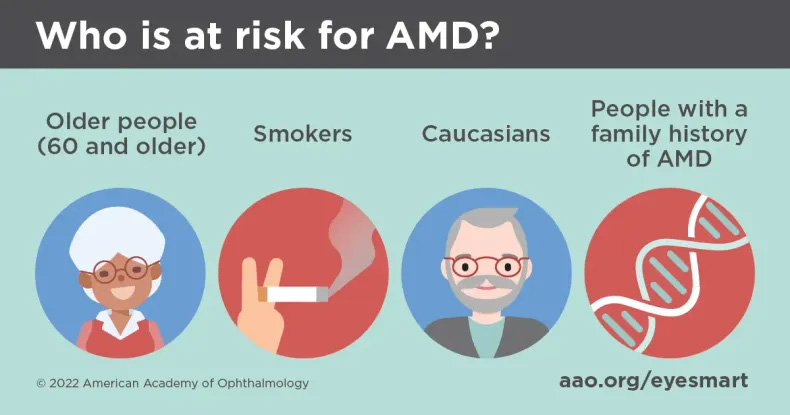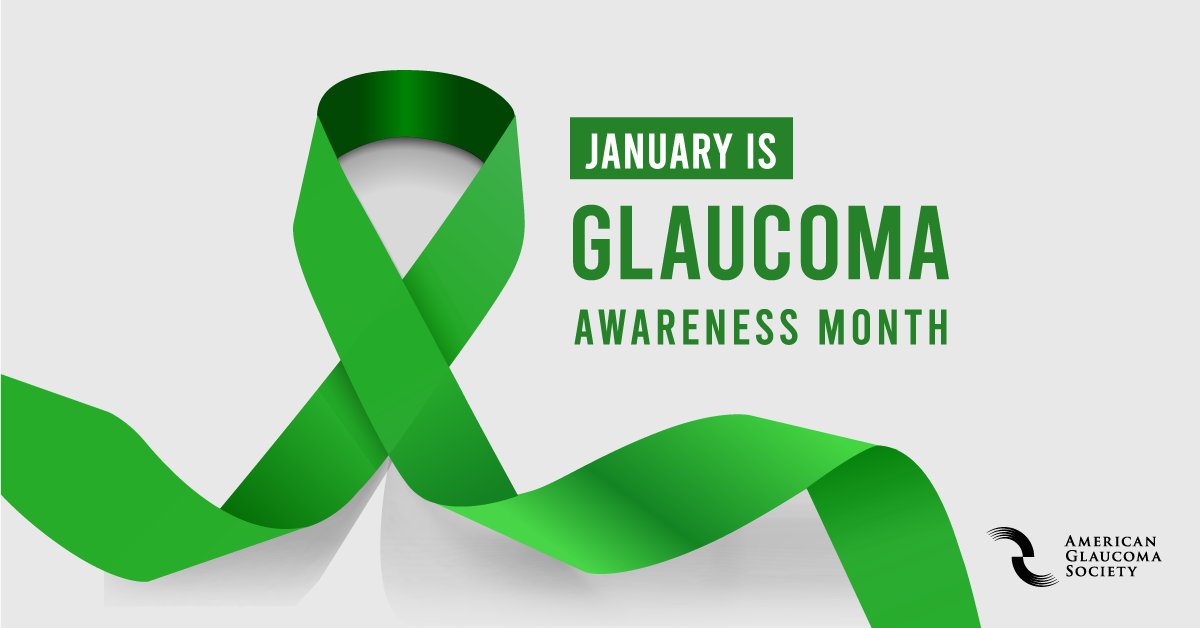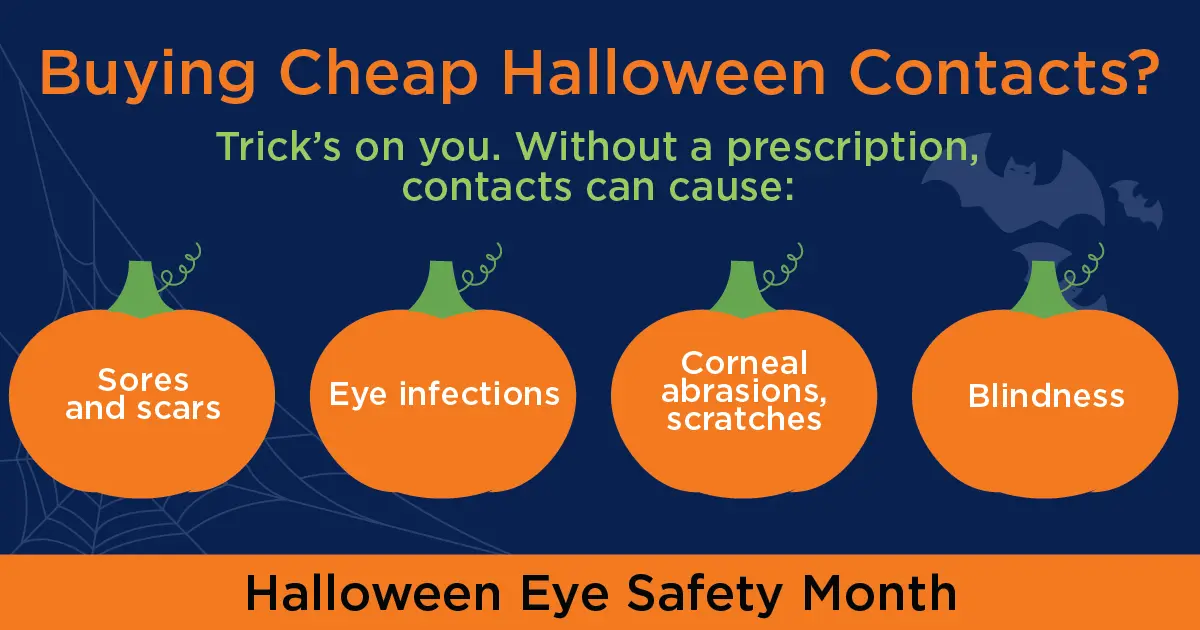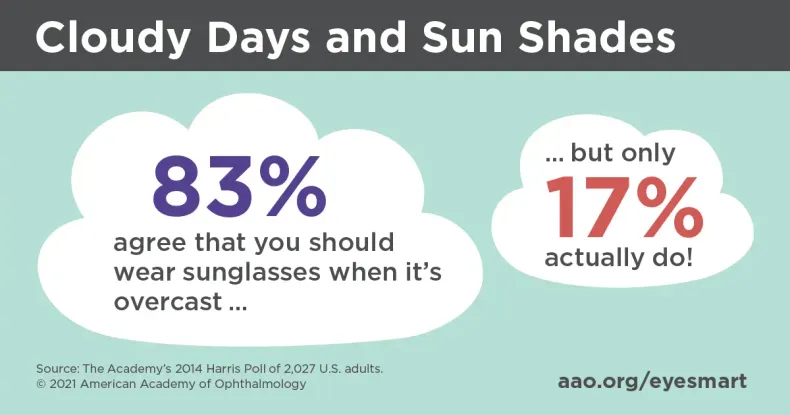Protection is Key! Sunglasses are must-have eyewear. They help reduce brightness and protect your eyes and vision in any season. Sunglasses are more than fashion accessories. They protect your eyes from ultraviolet (UV) rays, the radiation energy produced by the sun. These UV rays—including UVA and especially UVB—damage the eye’s surface tissues, cornea and lens. That damage can lead to cataracts, macular degeneration and other vision-stealing eye conditions. Sunglass Selection Tips To help keep your eyes healthy, keep these tips in mind when buying sunglasses. Don’t settle for less than 100% UV protection When buying sunglasses, make sure they have a tag or sticker that says they provide 100 percent UV protection from all UV light. Some labels say “UV absorption up to 400nm.” This is the same thing as 100 percent UV absorption. Darker sunglasses…
